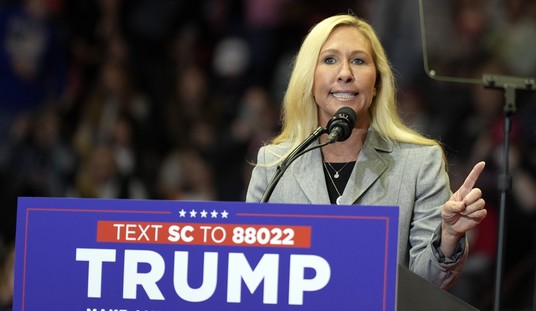
Yesterday, we received news that the House and Senate Republicans had reached an agreement in principle over the tax reform plan that was being reconciled between the two.
Now, the bill itself is ready to go back to Congress, and there are significant changes that certainly seem to be for the better.
The biggest change? Several controversial deduction eliminations were reversed. This includes:
- Medical expense deduction
- Tax-free graduate school tuition waivers
- Student loan interest deduction
- Teacher spending deduction
That puts money right back in the pocket of those in education (students and teachers), as well as those who face major medical expenses.
Another terrible idea from the House bill, a backdoor tax on individual investors, appears to be gone now.
This backdoor capital gains tax hike on individual investors (but not investment companies!) is one of the dopiest things in the Senate bill.
House conferees should insist it come out. pic.twitter.com/kU0SayoUzD
— Phil Kerpen (@kerpen) December 7, 2017
FIFO, the back door capgains on individuals, has been removed from tax bill.
— Larry Kudlow (@larry_kudlow) December 13, 2017
Happy update! Thanks House conferees!https://t.co/IocweTmD4O
— Phil Kerpen (@kerpen) December 14, 2017
Other changes in the bill bode well for Americans.
State and Local Tax deductions also seem to have survived, going from just covering property tax to including income tax. The deduction will be capped at $10,000. It also includes a repeal of the individual mandate from the Affordable Care Act.
Exemptions for the estate tax would be doubled, as well, which is up from the House’s plan, but was originally outright eliminated in the Senate plan.
The corporate rate rate is still cut, but to 21% as opposed to the 20% originally offered. The rate for pass-through income, with was added on to the Senate bill previously, will be lowered to 20%.
Our sources tell RedState that leadership in both House and Senate feel confident they have the vote and will put this bill before the president inside a week, which is in line with other reports that McConnell seeks to hold a vote on Monday.
We are also getting word that the Republicans are confident they have the votes. If that’s true, the end of the year deadline for the bill is well within reach for the Republican Party’s, and more specifically Donald Trump’s, agenda.














Join the conversation as a VIP Member